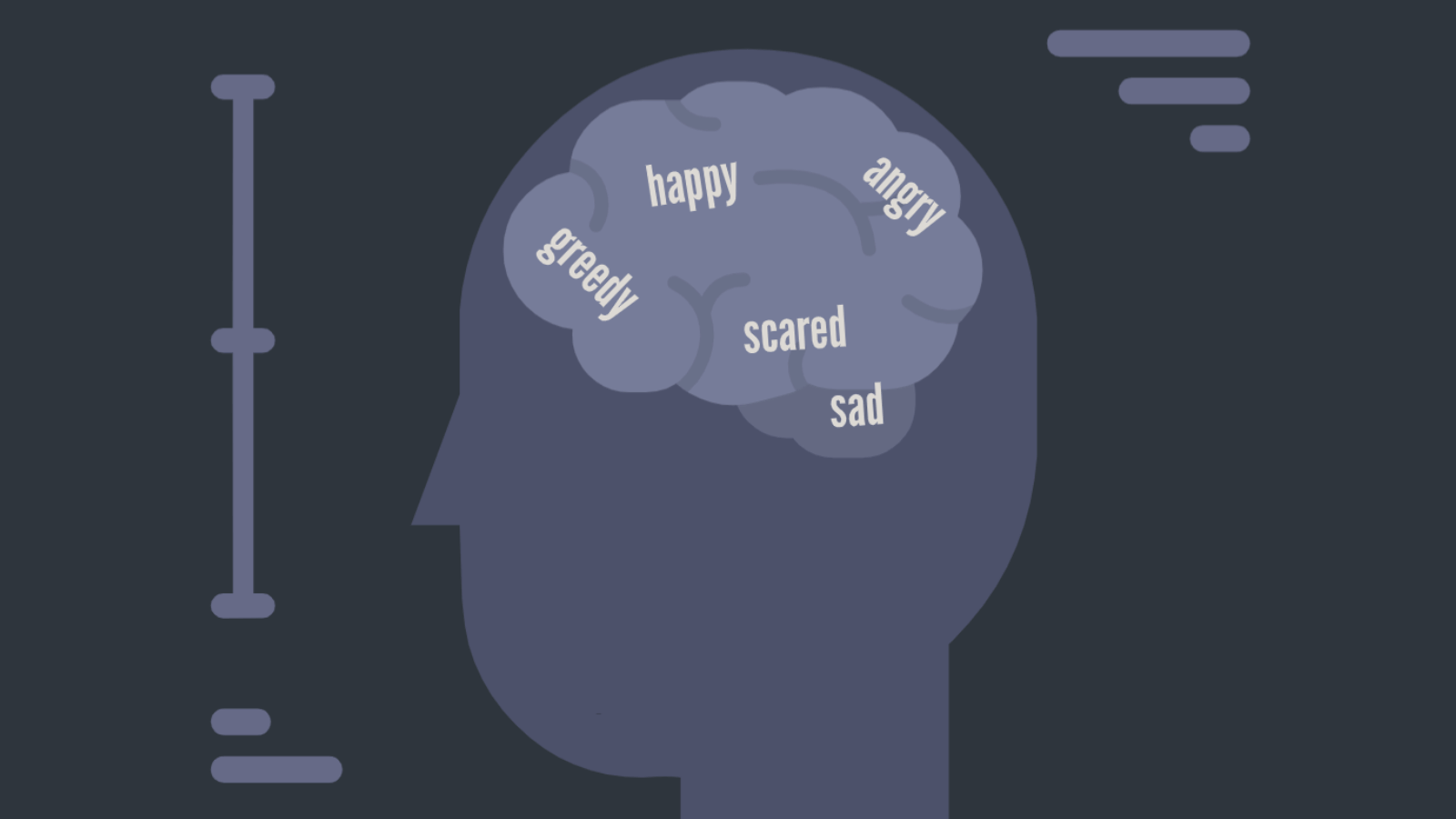Many beginners make a serious mistake at the start of their trading education. They think that improving skills in fundamental or technical analysis alone will lead to success. In fact, the main skill that allows a trader to be successful is emotional control. It’s emotions that have the most significant impact on trading results.
The Role of Psychology in Trading

Successful trading involves more than just executing a single trade. You need to make a series of trades and stick to a strategy. So even during drawdowns, a trader needs to maintain discipline. This tends to be the most challenging part for most people. There are often instances where emotions affect traders and they behave unusually.
When you’re angry, you might do something that you later find surprising. No matter how much the consequences make you regret it, in the moment of anger, you feel almost helpless. During such moments of anger, you may even repeat the same mistakes that you promised yourself you wouldn’t repeat.
The reason for this is personal psychology. It consists of feelings and thoughts that act as stimuli to actions. Therefore, psychology determines our actions and behavior not only in trading but also in other aspects of life.
New traders often make wrong decisions due to their emotional state. Therefore, emotional control is a crucial aspect of successful trading.
The Comfort Zone
When a trader is calm and not influenced by emotions, they are in their “comfort zone”. In the comfort zone, you control your behavior and can make logical decisions, allowing you to systematically follow your trading strategy.
Some traders quickly get into their comfort zone, while others find it more challenging. But even so, everyone can learn to control their behavior and not be emotionally dependent on trading.
Tarp’s Chart and the Importance of Psychology

Dr. Van Tharp is known for breaking the trading process into three categories, each influencing traders in different ways. Their importance is outlined as follows:
- Psychology (60 percent),
- Money management (30 percent),
- Trading strategy (10 percent).
Taking into account Tharp’s perspective, a person’s psychology and trading mindset are the most crucial factors for success.
Tharp states that the trading strategy has the least importance. From this, it follows that regardless of the success of the trading strategy, psychology remains the key to success.
Emotions that Affect Trading
Fear and greed are the primary emotions that negatively affect trading outcomes. They compel traders to deviate from their trading plan. This can lead to problems such as revenge trading or ego trading.
Similar emotions and their influence on trading results will be discussed further.

Fear of Loss Leads to Even Greater Losses
When a trader starts to fear losses, they try to avoid them. However, this action can potentially increase losses even more.
For instance, a trader might open a position and set a stop-loss (say, 20 pips away from the price) based on their strategy. That is, there is a justification based on fundamental and technical analysis to set the stop-loss where it is.
But a trader influenced by fear might close the trade early due to its temporary unprofitability. For example, if the position is down by 10 pips, the result of the trade is a loss of 10 pips. But if this was just a minor price retracement, the trade would have been profitable.
In another case, a trader might close a position the moment it becomes profitable because they fear losing the profit. If the trade had continued and reached the profit target, the trader could have turned it into much larger profit.
This behavior turns profitable strategies into losing ones, as the trader reduces the number of winning trades or decreases overall profit due to fear of loss.
Greed Pushes Attempts to Earn More, But it Turns Out the Opposite
When a trader experiences greed, they want to gain significant profits and deviate from their strategy.
For instance, they might set a profit level in line with their strategy. This means that there is a rationale for this action based on fundamental and technical analysis. But when greed influences the trader, they don’t close the position when needed but instead try to gain even more.
Then, the luck may run out, the profit may decrease, or the trade may even turn into a loss. Therefore, traders cut their profitability because greed pushes them to try to increase their profits.
A Trader Influenced by Ego Never Admits Their Mistakes
When a trader is influenced by their ego, it prevents them from admitting their mistakes. For instance, if a trade is not going well, instead of closing it according to the strategy, they leave it open and incur significant losses. This happens because the trader doesn’t want to admit they were wrong.
In another case, after taking losses on a good trade, the trader will not want to look for an option for the next trade according to the strategy. They substitute this with continuing to make trades based on their initial analysis because they believe in their absolute correctness.
Revenge Trading
Revenge trading is a pursuit of losses that the trader incurs. They want to get the money back but don’t understand that they are trading without a clear strategy. Each of their trades leads to new losses.
The Importance of Discipline in Trading
To avoid the influence of emotions, you must develop discipline. It allows you to objectively evaluate everything that happens. Here are some ways to achieve this:
Trade with a Tried and Tested Strategy
If you are confident in your trading strategy, you are more likely to remain calm during market pressure. If the strategy has not been well-tested, it can lead to doubts, allowing fear to take over.
Trading on a Demo Account
Before moving to trading with real money, testing and development of strategies should be conducted on demo accounts. When real money is used, additional pressure is applied to the trader. It can enhance the negative emotions that the trader experiences during trading and lead to large losses.
Acceptance of Risk
There’s no such strategy where you will win all the trades! Everyone must be prepared for losses. One can hope for profitability in each trade, but beginners often experience emotions more intensely when they start to incur losses. A profitable trader, on the other hand, can accept losses as a given and move on to further trades. They do not allow fear and greed to influence future decisions.